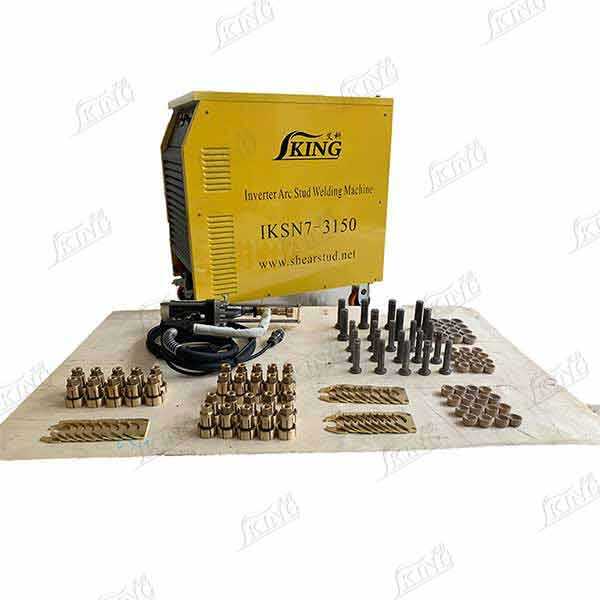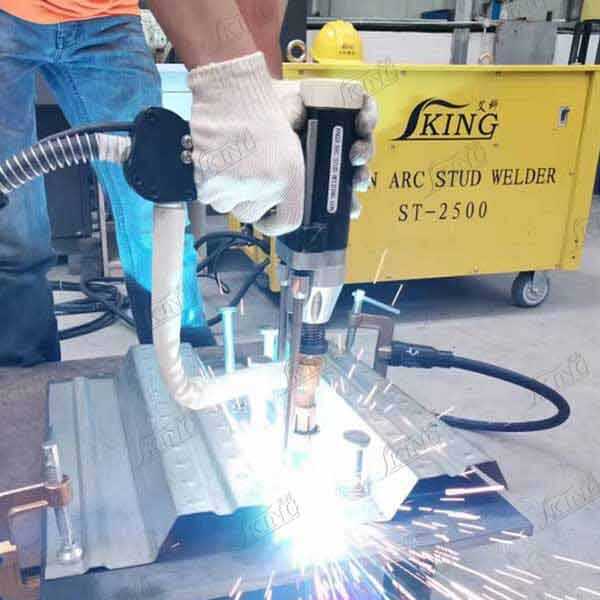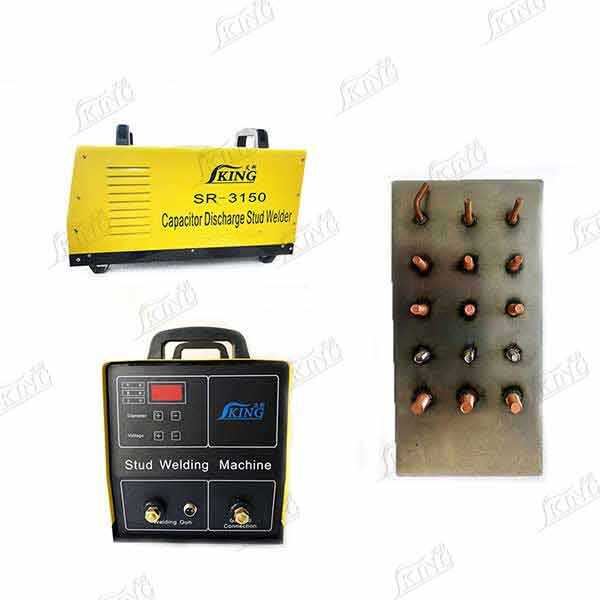stud machine price
The stud machine price represents a critical consideration for construction professionals and manufacturers seeking efficient metal framing solutions. Modern stud machines combine advanced technology with precision engineering, offering automated production capabilities that significantly reduce labor costs and increase output efficiency. These machines typically feature computerized control systems, allowing for precise adjustments and consistent production quality. The price point varies depending on the machine's specifications, production capacity, and additional features, typically ranging from $15,000 to $75,000 for industrial-grade equipment. Key factors influencing the price include automation level, production speed (usually measured in feet per minute), material handling capacity, and versatility in producing different stud profiles. Most machines offer customizable settings for various stud sizes and gauges, making them suitable for diverse construction applications. The investment consideration should account for long-term benefits such as reduced labor costs, increased production efficiency, and improved product consistency. Additionally, modern stud machines often include warranty coverage, technical support, and software updates, adding value to the initial purchase price.


